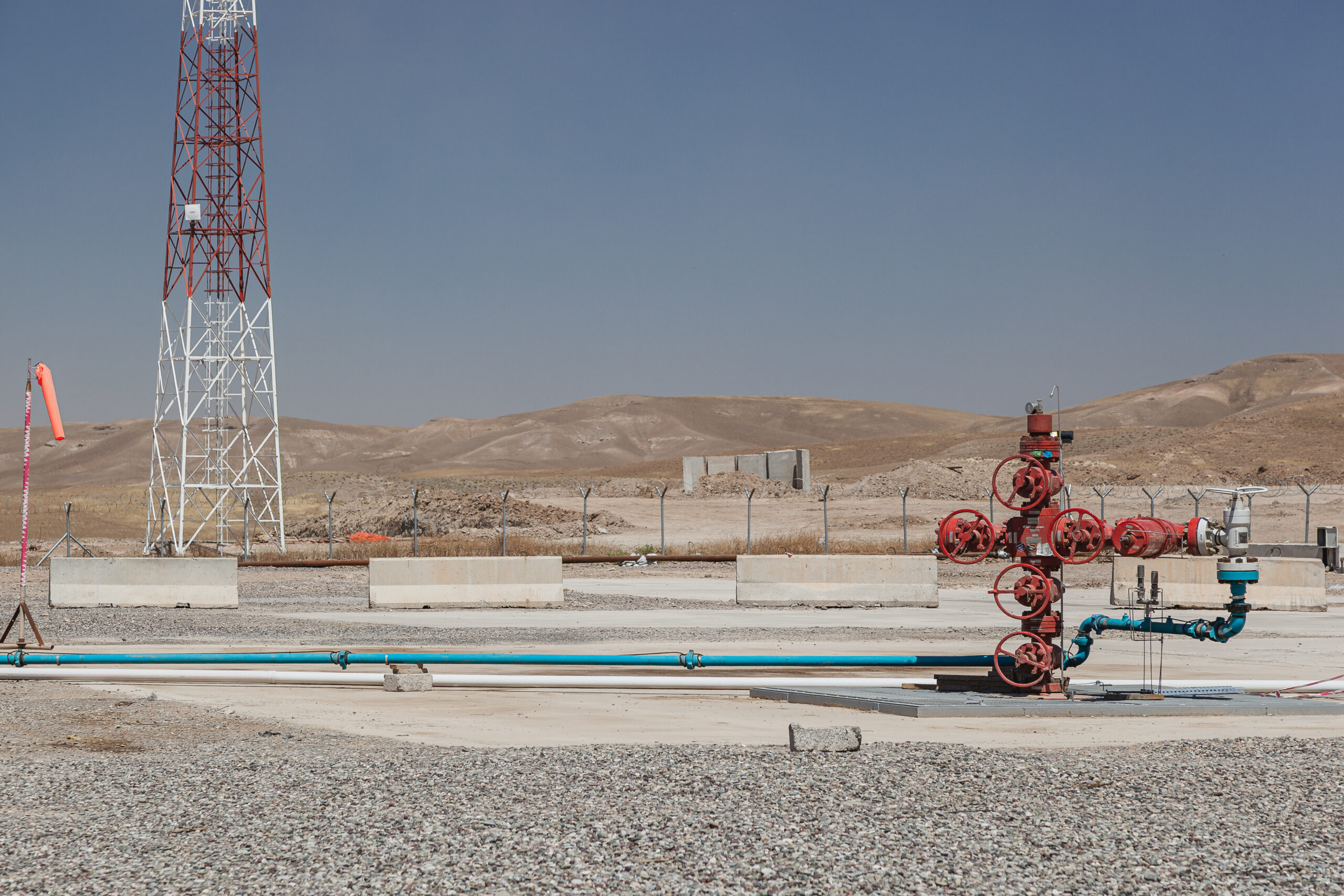Oil, gas licensing decision puts UK in tricky COP28 position
Just weeks before the start of COP28, the UK government approved the Offshore Petroleum Licensing bill, which envisages annual oil and gas licensing rounds.

The UK government’s decision to hold annual licensing oil and gas upstream rounds moving forward signals the further weakening of decarbonisation policies in the country and puts the country in a difficult negotiating position at the upcoming COP28 climate summit, environmentalists told Gas Outlook.
However, for the industry this is a much-needed step-up in commitments towards the sector, amid declining oil and gas production in the UK North Sea and after licensing rounds were halted in previous years amid climate concerns, with a new round being held for the first time last year after a long break.
On Nov. 8th, the UK government approved the Offshore Petroleum Licensing bill,which envisages annual licensing rounds being held for oil and gas.
“The domestic oil and gas industry is vital to the UK’s energy security and economy” and “the introduction of regular licensing for exploration will increase certainty, investor confidence and make the UK more energy independent,” the Department for Energy Security and Net Zero said in a statement.
The new rounds will be subject to two key tests being met: that the UK is projected to remain a net importer of both oil and gas; and that the carbon emissions associated with the production of UK gas must be lower than the average of equivalent emissions from imported liquefied natural gas.
The fact that UK gas typically has a lower carbon footprint than that imported from other countries is a key argument cited by the industry in support of the idea of boosting domestic production.
The government said that while the UK is scaling up domestic clean energy sources such as offshore wind and nuclear, the country still relies on oil and gas for its energy needs and that will continue to be the case over the coming decades, and even after 2050.
“As energy markets become more unstable it’s just common sense to make the most of our own homegrown advantages and use the oil, gas, wind and hydrogen on our doorstep in the North Sea,” the Secretary of State for Energy Security and Net Zero Claire Coutinho said.
“Rather than importing dirtier fuels from abroad, we want to give industry the certainty to invest in jobs here and unlock billions of pounds for our own transition to clean energy.”
The oil and gas industry supports around 200,000 jobs in the UK and adds £16 billion annually to the economy – with fossil fuel producers expected to pay around £50 billion in tax over the next five years, it said.
However, critics have noted the vast majority of emissions from fossil fuels happen at the consumption phase – scope 3 – while upstream emissions account for a smaller part of total emissions. Moreover, boosting domestic production does not guarantee that the gas will be sold domestically thus translating on higher supplies and lower bills for consumers.
Production decline
Production of gas in the UK, which accounts for roughly 30% of the remaining reserves, has fallen by two thirds since 2000 and new licences would still result in a 95% fall by 2050, as opposed to 97% without, so new licences would make only a marginal difference to the UK’s dependence on imports, an analysis by the think-tank Carbon Tracker Initiative said.
A 1.5 degrees Celsius global warming pathway is incompatible with new exploration, it added, warning of the risk of stranded assets for new projects.
“The reality is that extracting what’s left in the North Sea will do nothing to bring down bills and flies in the face of what experts the world over have strongly stated, that we cannot afford any new fossil fuel projects if we’re to avert runaway climate breakdown,” Jamie Peters, climate coordinator at Friends of the Earth, told Gas Outlook.
“The idea that unlocking more oil and gas licenses will improve our energy security has been debunked time and time again. Fossil fuels produced by the UK will simply be sold on the international energy market and not be reserved for domestic use,” he said.
“Drilling for more planet-wrecking, expensive fossil fuels in the North Sea will do nothing for the UK’s energy security or household bills,” agreed Alice Harrison, fossil fuels campaign leader at Global Witness.
“Because these fuels will be sold on global markets, this policy will line the pockets of a small handful of fossil fuel firms, completely undermine the UK’s net zero commitments, and leave us dependent on unreliable and expensive oil and gas,” she told Gas Outlook.
“Across Europe and in the United States, oil companies and their representatives in government are reneging on climate commitments and doubling down on the dirty fuels that are making most people poorer.”
The decision is also weakening the UK government’s position at the upcoming COP28 summit, commentators said.
“Ahead of COP28 the government should be playing a leadership role on net zero, instead they have doubled down on their commitments to drill for more oil and gas,” Esin Serin, policy fellow at the Grantham Research Institute on Climate Change and the Environment, said.
“This shatters the UK’s ability to encourage stronger collective action in Dubai to protect the safety of the planet while making minimal difference if any to its own energy bills or security.”



